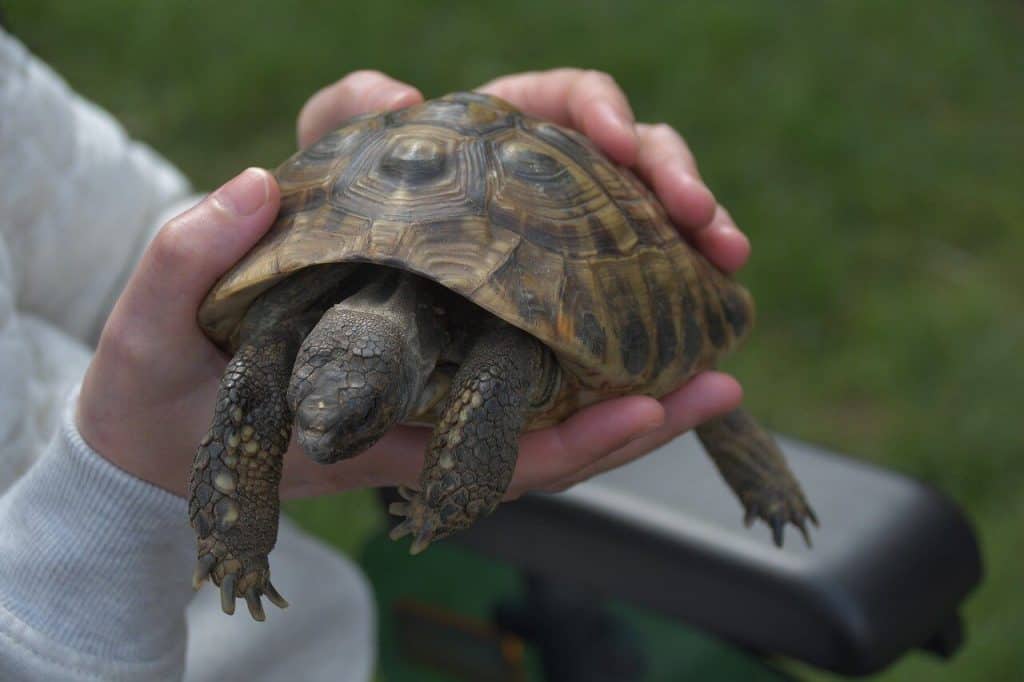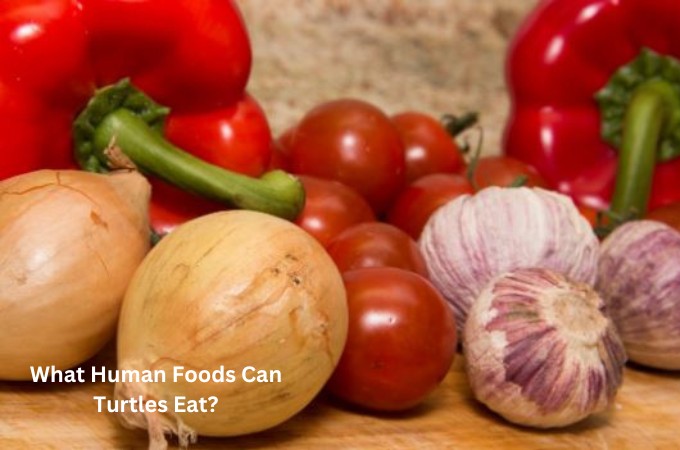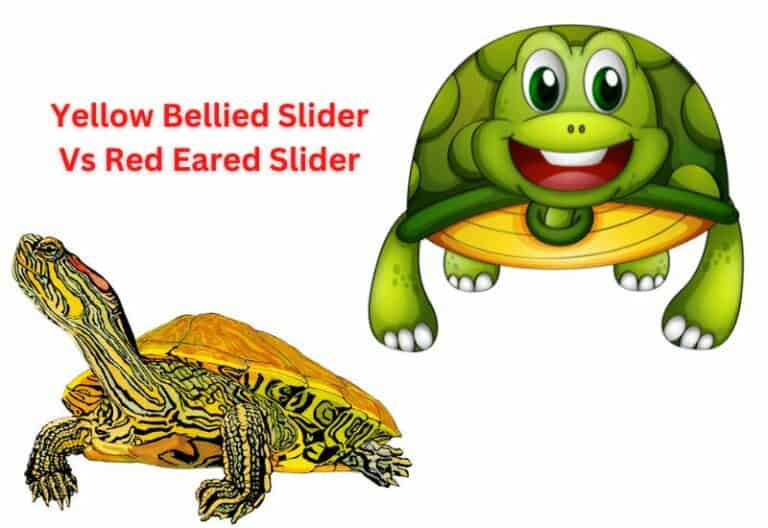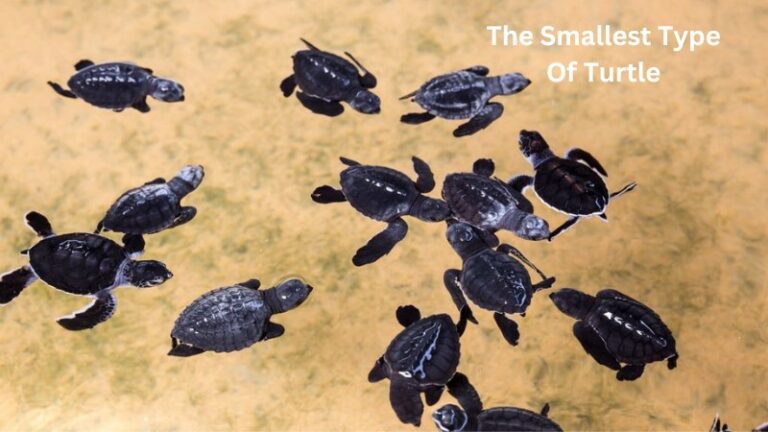What Human Foods Can Turtles Eat? turtlevoice
Today’s topic is Human Foods Can Turtles Eat. Turtles are beloved pet reptiles that can bring a lot of joy and fun to many households. As with any animal, providing adequate nutrition for your turtle is essential for its health and well-being. While people often think turtles need specialized diets made up of wild-caught proteins or prepared powders, the truth is there are actually quite a few human-safe foods Turtle can eat to supplement their existing diet. In this article, we’ll be discussing what human foods Turtles can safely enjoy!
Types of Human Foods Can Turtles Eat Safely:
Turtles can safely eat various types of fruits and vegetables, including diced apples, carrots, bananas, bell peppers, cucumbers, squash, and cooked sweet potatoes. They can also enjoy blanched spinach or lettuce leaves as well as commercial turtle food pellets. Fruits are high in sugar so it’s important to feed them in moderation. Be sure to remove any remaining food after around 15 minutes of feeding as turtles cannot digest human foods very easily.
5 Nutritional Benefits of Feeding Human Foods to Turtles:
- Turtles can benefit from eating human foods because it provides them with more variety and nutrients than commercial turtle food.
- Meats, fruits, and vegetables provide turtles with essential proteins that their bodies need to function properly and stay healthy.
- Eating human foods will also help reduce the cost of purchasing expensive food for turtles since many of these items can be found in the kitchen or at grocery stores.
- Human foods are easier to digest than store-bought turtle food, allowing digestion to occur faster which means less waste build up in tanks or bowls where they live so their water stays cleaner longer!
- Feeding a variety of human foods helps promote good mental health by providing boredom relief as they explore new tastes and textures while eating different types of food every day!

9 Human Foods Can Turtles Eat:
- Carrots: Turtles love to munch on carrots and it’s a great source of vitamin A and beta-carotene for them.
- Strawberries: Turtles can eat strawberries as an occasional food, but don’t feed too many since they are high in sugar which can be unhealthy in large amounts.
- Fruits & Veggies: A variety of fruits and vegetables such as apples, cucumbers, lettuce, squash, peas, and sweet potatoes can all be given to your turtle as treats occasionally or as part of their regular diet.
- Insects: Small insects like earthworms can make up the bulk of some turtles’ diets along with other sources like fungi and algae.
- Fish: Turtles also enjoy eating small pieces of fish that have been cooked thoroughly before being offered to your pet turtle so there is no risk of parasites or bacteria from uncooked meat products.
- Egg Whites: Egg whites are a great source of protein for turtles, so occasionally offering them boiled egg whites is not a bad idea at all! Just avoid giving them raw eggs because this could introduce harmful bacteria into your pet’s system.
- Corn: Corn is another treat that you can give to your pet turtle if you choose, although it should never be fed regularly since it doesn’t provide enough vitamins; instead, use corn primarily as an occasional snack between meals.
- Peas: In addition to providing essential proteins, peas also provide important minerals and vitamins such as phosphorus, magnesium, iron, and zinc when given in moderation ( maximum once per week ) during meal times only!
- Bananas: Bananas are full of potassium which helps keep your turtle’s body functioning healthily while providing energy too! However – they should always be peeled before offering it to the animal due to potential choking hazards from the tough skin surrounding its hardcore!
Common Human Foods Suitable for Feeding Turtles:
Turtles are omnivores, meaning they eat a variety of plants and animals. They need a balanced diet that includes both proteins and carbs for optimal health.
Common human foods suitable for feeding turtles include leafy greens such as kale and spinach, fresh fruits such as melons, peaches, or apples (make sure to cut them into small pieces), cooked meats like chicken or fish, shrimp or crickets (just make sure these have been properly washed before fed), boiled eggs and occasional treats like strawberries.
It’s important to maintain an appropriate balance between these types of food by providing enough calcium-rich food like kale while avoiding excessive amounts of protein-rich foods in order to keep your turtle healthy.
5 Tips for Preparing Home-Made Turtle Food with Human Foods:
- Feed them lean meats like turkey and chicken, preferably ground or diced into smaller pieces for easy consumption.
- Make sure vegetables are diced small enough for easier eating, such as kale and squash. Avoid feeding your turtle too many starchy vegetables such as potatoes or corn in order to prevent obesity. Also avoid anything processed or canned fruits/vegetables with added sugars, salts, oils, etc., which can be harmful to your turtle’s health.
- Feel free to include cooking scraps from meals including fish such as salmon and other oily fish that are high in omega-3 fatty acids when preparing for turtles!
- Offer occasional treats like bugs (mealworms), crickets, and cooked eggs (do not feed raw). These should only ever make up a small portion of their diet though!
- Always provide a calcium supplement via cuttlebone or other sources specifically formulated for reptiles–this is important because it helps maintain good shell health and strong bones/muscles!
Are There Any Risks in Feeding Turtles Human Foods?
Yes, there are many risks associated with feeding turtles human foods. Turtles rely on a balanced diet of commercial turtle diets (pellets or sticks), aquatic plants, and occasional treats of crunchy insects, worms, and snails.
Human food is simply not as nutritious as its natural sources of proteins and vitamins and can contain harmful additives like sugars and salts that turtles don’t need in large amounts. Plus some human foods can cause gastrointestinal problems for turtles because they are not used to digest various types of food.
Finally, feeding excessive amounts of human food can cause them to become obese which places stress on the shell’s structure over time!
Faqs for Human Foods Can Turtles Eat:
Water turtles can eat vegetables such as lettuce, collard greens, squash, and carrots. They can also eat fruits like berries, melon, and apples. They should also be offered a commercial turtle diet as well as live foods like earthworms and crickets. It is important to avoid giving them processed or sugary treats.
Answer:
Turtles can eat a variety of fruits such as apples, bananas, melons, and berries.
Answer:
Turtles can enjoy leafy greens such as kale, spinach, and collard greens, as well as squash and sweet potatoes.
Answer:
Turtles can eat cooked lean meats such as chicken, fish, and beef.
Answer:
No, popcorn should not be given to turtles as it is too high in fat and sugar.
Answer:
Yes, some human foods such as onions, garlic, chives, and certain mushrooms can be toxic to turtles if consumed in large quantities.
Answer:
No, turtles should not be given bread as it is too high in carbohydrates and low in nutritional value.
Answer:
Yes, turtles should not eat processed and salty foods, like chips or popcorn. They also should not eat raw meat, dairy products, or canned cat food. Foods that are high in sugar, such as candy and chocolate, should also be avoided. It’s best to only feed turtles commercial foods and occasional treats like cooked vegetables, fruits, and insects. Avoid giving your turtle any food that has gone bad or moldy. Doing so can make them sick.
final word:
Turtles are fascinating creatures, and part of the many challenges that come with caring for them is making sure they have a balanced diet. Human food items such as frozen peas, kale, spinach, squash and carrots are all high in calcium, vitamins and minerals that are essential to their health. Feeding them fruits like apples, melons or bananas provide them with sources of natural sugars which they can digest with ease. Working these items into your turtle’s routine can help supplement natural sources of food and provide them with vital nutrients.



